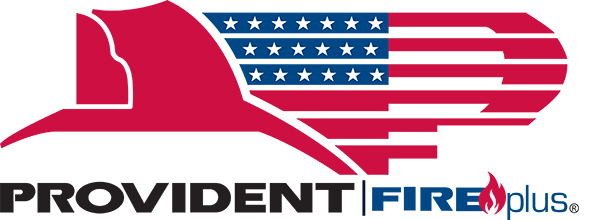
Firefighters are bound by strict expectations of conduct and professionalism, but these expectations can come in the form of either rules or standards. To a civilian, this may seem like a matter of semantics, but any firefighter knows that these are two separate ideas. This prompts the question — what’s the difference, and why does it matter? Generally, rules can be viewed as an objective mandate, whereas standards can be viewed as subjective principles. Defining the difference between rules and standards is an important exercise for firefighting professionals. Consider the following four criteria that can further illustrate the differences between these two concepts.
Fact or Interpretation
One of the biggest differences between a rule and a standard is whether it is based on fact or whether it is open to interpretation. Rules tend to fall into the former category while standards typically fall into the latter category. A rule will be based on a specific, immutable idea — for example, the time that your shift is scheduled to begin — while a standard will be based on verbiage that may be less objective — for example, you must complete all required trainings in a timely manner. The phrase “timely manner” does not refer to any specific time frame, so it would be considered a standard rather than a rule.
Objectivity of Evaluation
You may also differentiate between rules and standards based on how objectively adherence can be evaluated. Rules typically have a pass or fail metric of compliance whereas adherence to standards may be a murkier issue. If you show up for your shift 27 minutes late, you have clearly violated the rule mandating on-time attendance. If you are accused of acting unprofessionally, however, a definition of professionalism must be established in order to prove the charges.
Purpose in the Workplace
Firefighters should also consider the purpose of a mandate when determining whether it is a rule or standard. Rules are often intended to establish clear expectations of compliance. Standards are also expected to be followed, but their purpose is often a more amorphous matter. Nonetheless, firefighters should take steps to ensure that they are in complete compliance with all rules and standards governing their workplace.
Finding the Right Balance
An effective workplace is one that strikes a balance between rules and standards. Both are most productive when used in a complementary manner. The key to this balance depends on the unique dynamics of your firehouse, but leadership should neither be too restrictive nor too laissez-faire. A workplace that is too controlling tends to cause stress and noncompliance, but a workplace that’s unregulated can quickly lead to unwanted behaviors amongst firefighters. Rules and standards should always function to promote professionalism and good behavior.
About Provident Fire Plus
At Provident Fire Plus, we offer custom-tailored packages to best protect firefighters and volunteer firefighters. We understand the risks that emergency response teams are subjected to on a daily basis, and have worked to serve these dedicated professionals for over 87 years. For more information about our products and policies, we invite you to contact our experts today at (855) 201-8880.

